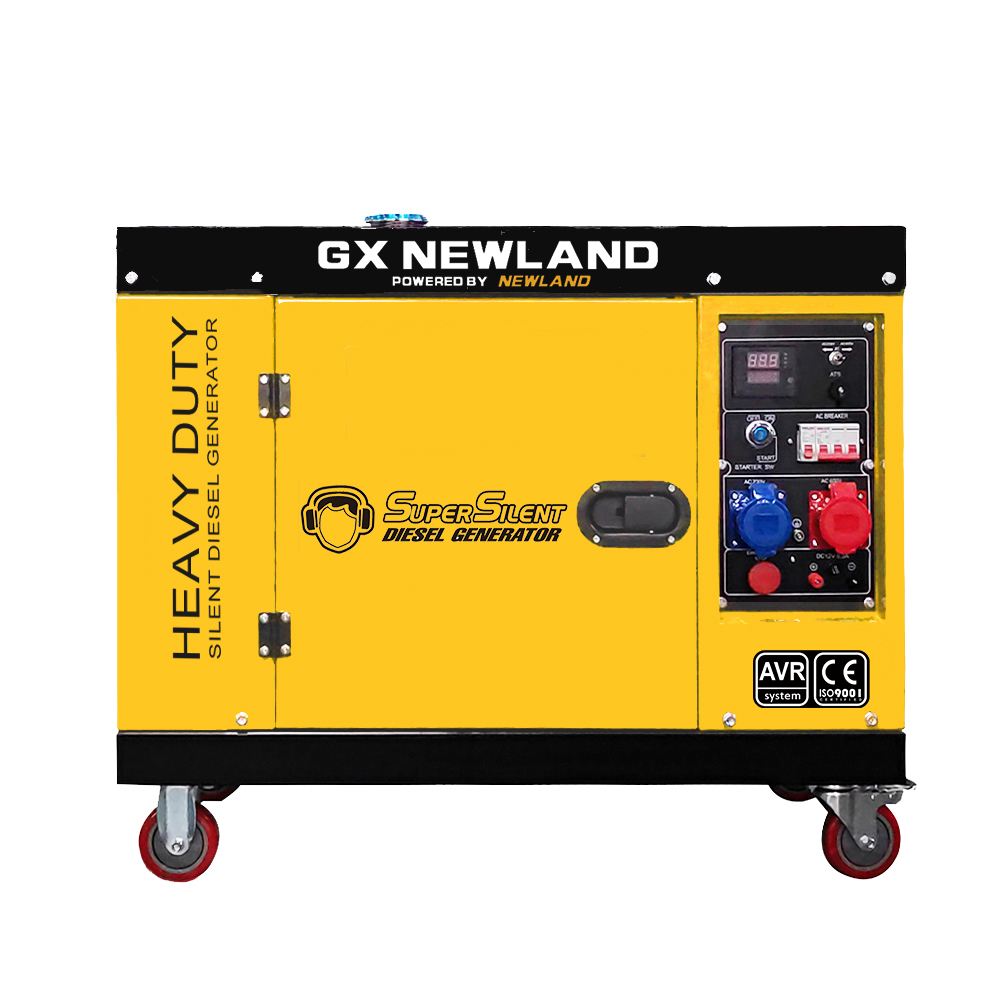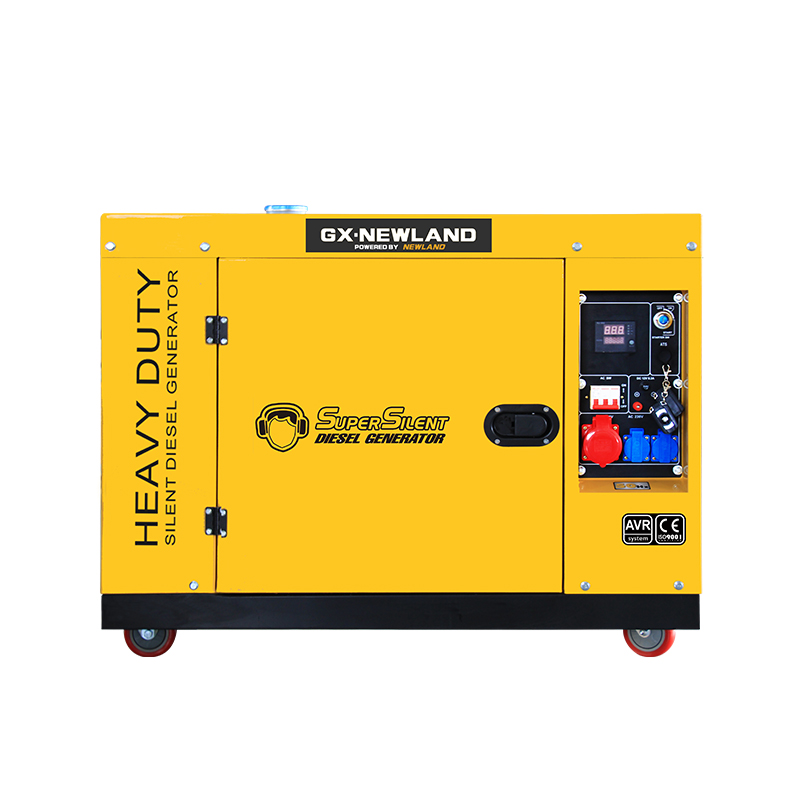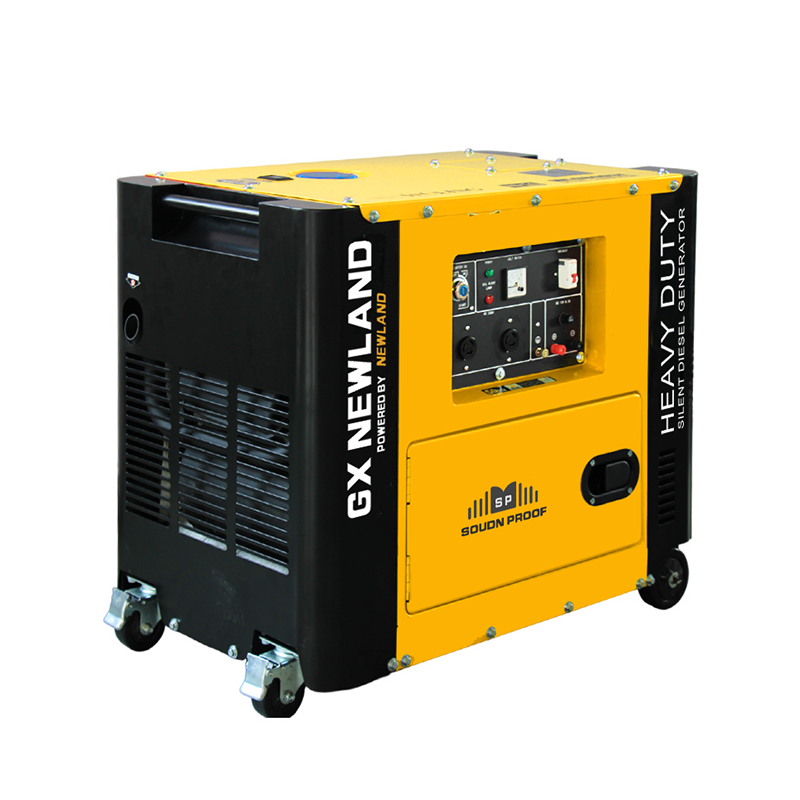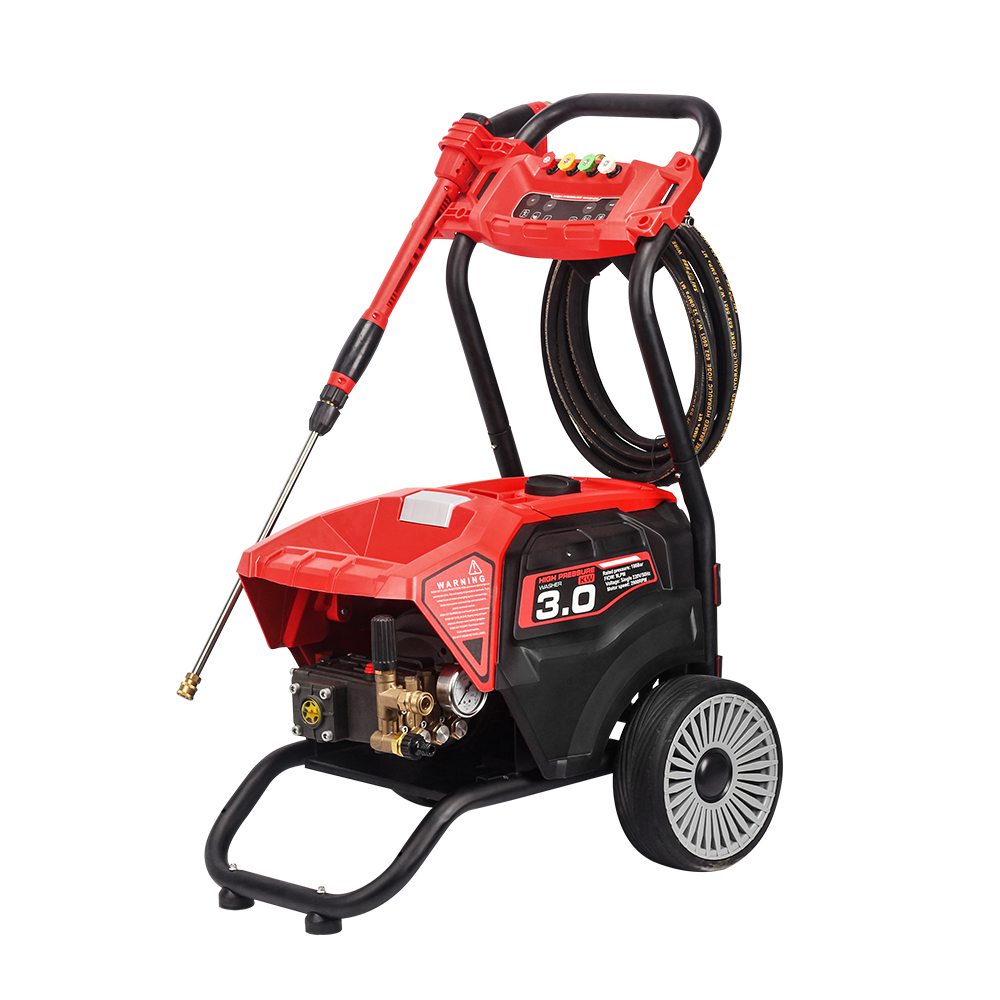Gasoline sewage pumps are designed to handle the pumping of liquids containing solids, such as sewage, wastewater, and sludge. Here are some of the characteristics of gasoline sewage pumps:
High pumping capacity: Gasoline sewage pumps are typically designed to handle high volumes of liquid and can pump large amounts of wastewater or sewage quickly and efficiently.
Solids-handling capability: Gasoline sewage pumps are designed to handle liquids that contain solids, such as sewage and wastewater. They can pump solids up to a certain size, depending on the pump's specifications.
Portable: Gasoline sewage pumps are usually portable and can be easily transported to different locations where pumping is needed. They can be used in remote areas or in situations where there is no access to electrical power.
Reliable and durable: Gasoline sewage pumps are usually made of high-quality materials that are designed to withstand harsh conditions and heavy use. They are built to last and can provide years of reliable service.
Easy to operate: Gasoline sewage pumps are usually easy to operate and can be started quickly with a pull cord. They can also be equipped with automatic start and stop features that make them even easier to use.
Versatile: Gasoline sewage pumps can be used in a variety of applications, including industrial, commercial, and residential settings. They can be used for pumping wastewater from septic tanks, pumping sewage from basements or crawl spaces, and pumping water from flooded areas.

 英语
英语 中文简体
中文简体 俄语
俄语












